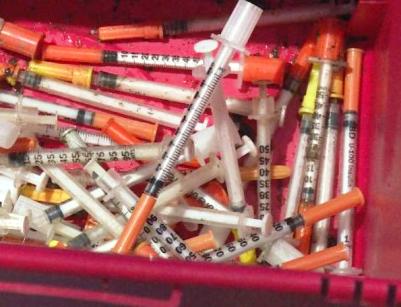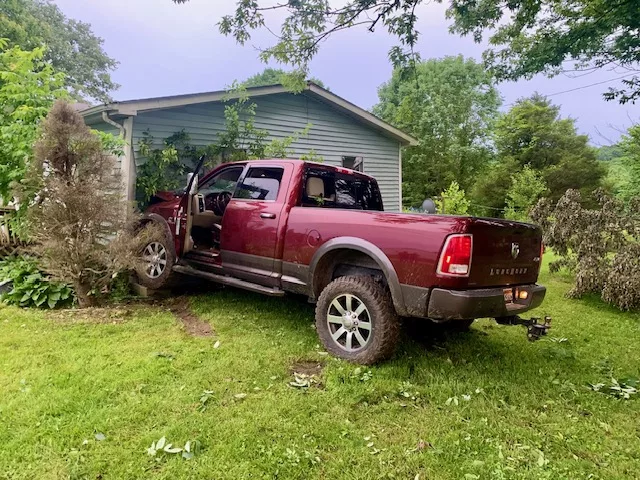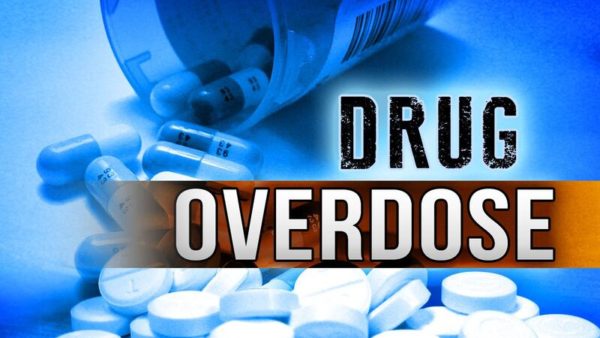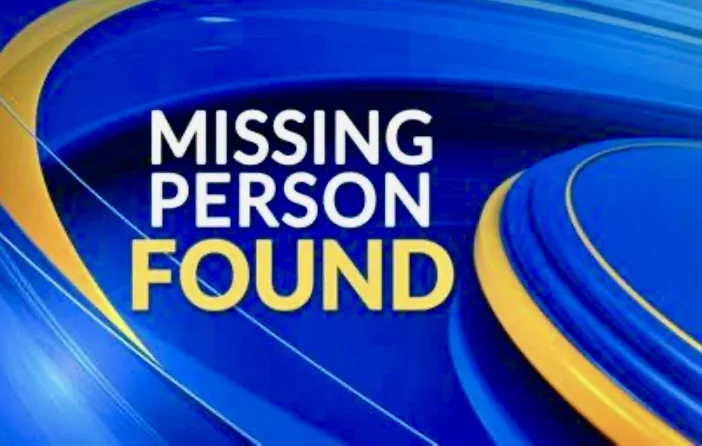
With the Grayson County Board of Health recently voting to begin a needle exchange program, also called a Harm Reduction Program (HRP), the Pike County Health Department has released numbers from the first two years of its program.
Since its beginning in July 2016, more than 7,000 needles have been collected by the Pike County Health Department through its needle exchange program, with more than 1,000 people participating in the program, the Appalachian News Express reported.
Stephanie Bentley, nursing supervisor at the Pike County Health Department (Pike Co. is home to roughly 65,000 residents, more than double Grayson County’s population), said 1,011 people have participated in the county’s needle exchange program. The program has distributed 10,439 needles, 10 needles are distributed to each person upon each visit. She said 7,228 needles have been collected or “returned,” equaling a 69 percent return rate of participants.
“That’s still a high (rate of return), 69 percent rate of people coming back,” Bentley said, referring to the 7,228 needles returned.
A needle exchange is utilized by at least 33 health districts in Kentucky as of May 19, with another nine locations approving the program (but not yet operational).
The purpose of an HRP, according to the Grayson County Health Department, is to:
- Stop the spread of disease, such as Hepatitis and HIV, by decreasing the number of contaminated needles being used and shared
- Reduce the number of law enforcement becoming infected by accidental needle sticks
- Put intravenous drug abusers in front of health professionals and counselors who can assist those seeking help for treatment options and rehab facilities
- Provide free HIV and Hepatitis C testing and counseling
- Promote a decrease in HIV, Hepatitis and other diseases
Leitchfield Dr. Joseph Lee, an internal medicine and pediatric specialist for over 40 years, is a passionate proponent of the program, and said at a recent Grayson County Board of Health meeting, “A needle exchange will help prevent infection, and it also provides addicts with information on mental health and rehabilitation.”
At first reticent, but after becoming educated on Harm Reduction Programs, Twin Lakes Regional Medical Center CEO Wayne Meriwether (who is not a Board of Health member but was in attendance) echoed Dr. Lee’s thoughts by saying, “From a health standpoint, the benefits far outweigh the negatives. I was apprehensive at first, but the more I read (the more I began to see the benefits). Anytime you can help someone not spread disease is a good thing. I think it’s a good first step.”
Drug abuse statistics, Harm Reduction Program specifics
In 2016, according to a report provided by the Grayson County Health Department, Twin Lakes Regional Medical Center reported 12 overdose deaths, while in 2017 there were 28 overdose deaths in Grayson County, an increase of 233 percent. Also in 2017, there were 56 reported overdoses in the county, with life-saving Narcan delivered by EMS workers 38 times to overdose victims, and an unknown number of times by local law enforcement.
With Grayson County in the throes of a drug abuse epidemic, some question whether providing free needles to addicts is the intelligent path to take in order to reduce the county’s drug activity.
“It has not been shown that needle exchanges results in an increase in drug abuse,” Dr. Lee said, “It decreases drug abuse.”
Citing the lifetime cost of treating Hepatitis C ($300,000) and HIV ($650,000), Dr. Lee stated that the program would also be “very cost efficient if we can prevent this (the spread of disease). I’m all for the program. I don’t see a downside,” adding, “This is not the final answer (though).”
The Harm Reduction Program would operate as follows:
- Patients will either call or come in voluntarily at a designated time. The visit is confidential, but each patient will be given an ID number. Basic information on the person will be gathered during the initial visit.
- Each patient will then be counseled about HIV, Hepatitis and other diseases that prey on intravenous drug users, and offer free patient testing.
- Officials will assess how many needles the patient needs based on how many times they use. The program will give the patients Sharps containers and inform the patient on how to safely dispose of the needles in the containers. The patient will bring back the needles (disposed in the containers) at the next visit.
- The Grayson County Board of Health will partner with Communicare and have someone readily available to offer counseling and drug treatment options, if needed. Free condoms will also be offered to the patients.
- Other needs will also be assessed and efforts to find resources will be undertaken, such as housing, family planning and food needs.
Financing for the program would come from any number of state and federal grants, according to Communicare’s Thad Storms.
Although the GC Board of Health voted to approve the implementation of the program, in order for the Harm Reduction Program to take effect in Grayson County the Leitchfield City Council and Grayson County Fiscal Court must approve the move.
(Information on the Pike County needle exchange provided by Appalachian News Express via Kentucky Today)
By Ken Howlett, News Director
Contact Ken at ken@k105.com or 270-259-6000








